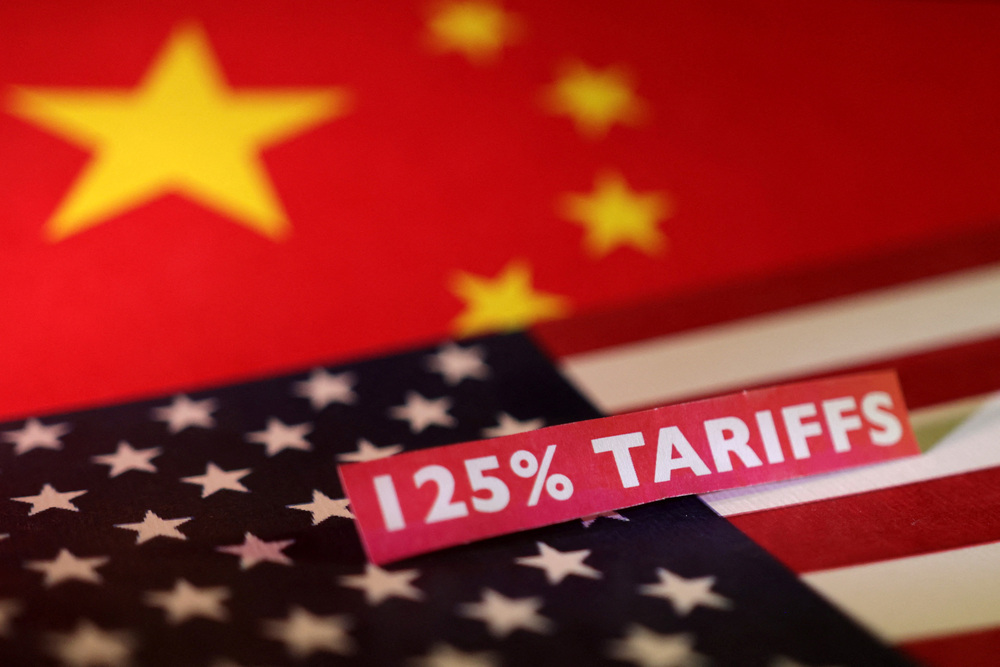
China Strikes Back at Trump: 125% Tariff on US Goods
Light House Denver – China strikes back at Trump amid the escalating trade war between two of the world’s largest economies, China and the United States. In response to the latest tariff measures introduced by President Donald Trump’s administration, China officially announced an increase in import tariffs on a range of American products to 125% on Friday, April 11, 2025. This new policy is set to take effect on Saturday, April 12, 2025, signaling a sharp escalation in the ongoing trade conflict.
Previously, the United States had raised tariffs on Chinese imports to as high as 145%. Beijing viewed this move as an act of economic intimidation. This tit-for-tat escalation is worsening trade relations between the two countries. It is also heightening concerns over disruptions to the global supply chain, which could seriously impact the world economy.
“Continue Reading: Snoring in Women, What Causes It?”
In response to Washington’s decision, China’s Ministry of Finance issued a stern statement. The ministry condemned the US move as a violation of international trade norms. “The extremely high tariffs imposed by the United States on Chinese goods are a serious breach of international trade rules, basic economic principles, and common sense. It is a form of unilateral intimidation and coercion,” the ministry said in a statement, as reported by Reuters.
China further emphasized that it would not remain passive if the US continued to impose additional tariffs. It even hinted at disregarding these unilateral measures altogether if they persisted.
As part of its formal resistance, China’s Mission to the World Trade Organization (WTO) made an announcement. It stated that an additional complaint had been filed against the US’s latest tariff policy.
“On April 10, the United States issued an Executive Order announcing a further increase in what it called ‘reciprocal tariffs’ on Chinese products. China has submitted an official complaint to the WTO over this action,” the mission stated, citing the Ministry of Commerce.
Interestingly, China’s Ministry of Commerce claimed that Trump’s recent suspension of reciprocal tariffs on several other countries was influenced by pressure. They specifically pointed to China as one of the key sources of that pressure.
“Under pressure from China and other parties, the United States has temporarily suspended the imposition of high reciprocal tariffs on several trading partners,” said a ministry spokesperson, quoted by AFP. However, the ministry described this move as a “small symbolic gesture” that does not reflect a significant policy shift.
This latest round of tariff retaliation has raised widespread concern among global markets and international observers. Many fear a ripple effect that could lead to a broader economic crisis. Analysts and world leaders alike are urging both nations to return to the negotiating table. They emphasize the need for a diplomatic solution before the trade war escalates any further.
“Read More: Yuyun Maemunah, UNESA’s Youngest University Student at 15”